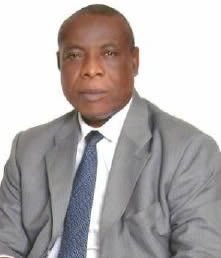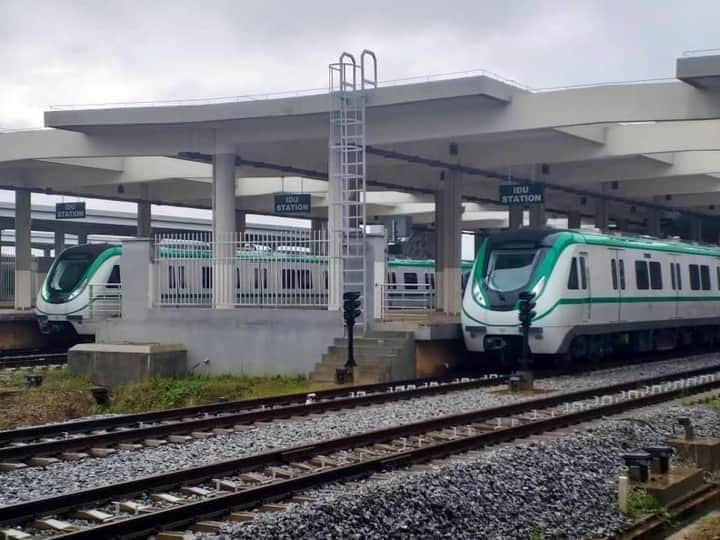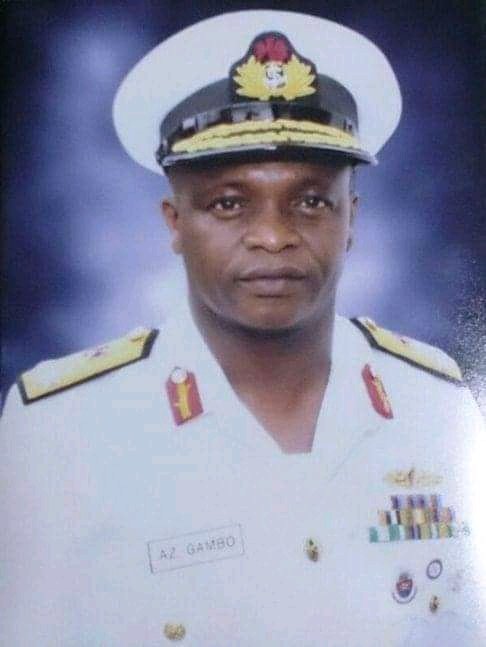
By Shippers Association of Lagos State
We believe the only competent authority to talk about Nigerian Ports is the Federal Minister of Transportation, who is overseeing the Nigerian Ports Authority (NPA) and the National Inland Waterways Authority(NIWA). He is still the Minister of Transportation.
He has current information on the status of any Nigerian Ports anywhere in the country. He has made a categorical statement on the status of some River Ports that cannot handle effective cargo movements in Nigeria, including Onitsha Ports, because of the droughts of the River Niger which is not deep enough for such operations.
The River Niger has a natural phenomenon of self reclamation of sharp sand even after dredging it. Those in the Niger Delta from Patani to Onitsha can testify to the fact that it is only when there is high tide during the raining season that barges can be utilised to some proportions of moving containers to Onitsha and other cities having river ports. During the dry season, it becomes very impossible. So the comments made at the time of commissioning the river ports were political.
At a larger proportion, investigative journalism is required to see if the minister is right or wrong. The minister did not hold back the truth by saying that the River Niger has to be dredged.
Both the NPA and NIWA are under the Federal Ministry of Transportation.
The call for the Minister of Transportation to resign because of unworkable investment of Government, which is verifiable, is misplaced. And we do not agree with it. The Minister is a cabinet member of the Nigerian Government that reports directly to the Federal Executive Council. He has revealed that the River Ports are not viable for now. They maybe, tomorrow, after dredging the River Niger.
Maersk Line made it clear.
This is a clip from Maersk Line.
“Maersk Refutes Claims that Onitsha Inland Port is fully operational”
October 7, 2020 | by Samuel Nwite | 10
“Maersk shipping company has responded to the news making rounds in the social media, insinuating it has commenced a full shipping operation at Onitsha Inland Port.
“The news broke out early Wednesday morning as a pic of the dockyard being commissioned, and shipment schedule from Maersk showing China – Onitsha destination surfaced online.
“We took a walk at the Onitsha pilot port after it was commissioned today. The port is at its full function. Such a pleasant sight! Congrats to the importers,” a Twitter user wrote.
“Series of tweets praising the development followed, as many others joined the preaching.
“So Onitsha Port was commissioned yesterday & you can now send a container from China to Onitsha without going through Lagos? And some of have been using it for months but kept quiet? Why do people refuse to talk when good things happen in Nigeria,” Dr. Joe Abah wrote.
“However, in response to inquiry about their operations in Onitsha Inland Port, Maersk said in an email response to Tekedia that the news has been inaccurate.
“There are some inaccurate news reports going around as we are not calling at Onitsha port with our vessels as this is not operationally feasible due to the drought of our vessels.
“We do, however, offer a through bill product for our customers in which cargo discharged at Onne is trucked to the Clarion Depot in Onitsha, which is roughly opposite the Niger River,” Kerry Rosser, Maersk Africa Communication Manager told Tekedia.
The Onitsha Inland Port was rehabilitated and commissioned in 2012, in view to accommodate vessels and ease Lagos Ports of congestion. But the port is yet to commence full operation since then.
The Port
Last month, the National Inland Waterways Authority (NIWA) said the commencement of shipping operations is targeted at the first quarter of 2021.
NIWA Area Manager at Onitsha Area Office, Mrs. Queen Uba, said operations at the port have been on hold due to the ongoing concession process, but NIWA is ready for its operations as soon as the process is complete.
“NIWA has put in place all necessary things for effective operation of the port and we are just waiting for the completion of the concession process. While we are waiting for the completion of the concession process, the management has entered into agreement with Connect rail Services Limited to kick start the lifting of goods from the port to other places in the country,” she said.
Onitsha Inland Port was built under the administration of President Shehu Shagari in 1983 and since then, it has been lying fallow and completely under-utilized until 2012 when it was rehabilitated and commissioned by former President Goodluck Jonathan.
It is hoped that NIWA will live up to the challenge and facilitate shipping operations in the port that will spur its activities beyond a clarion depot for trucking cargoes.
Maersk Line made it clear that they are not issuing Bills of Lading to Onitsha Port or any other River Ports under NIWA because of the drought. That is the Truth. Let us work together to support one another.



























